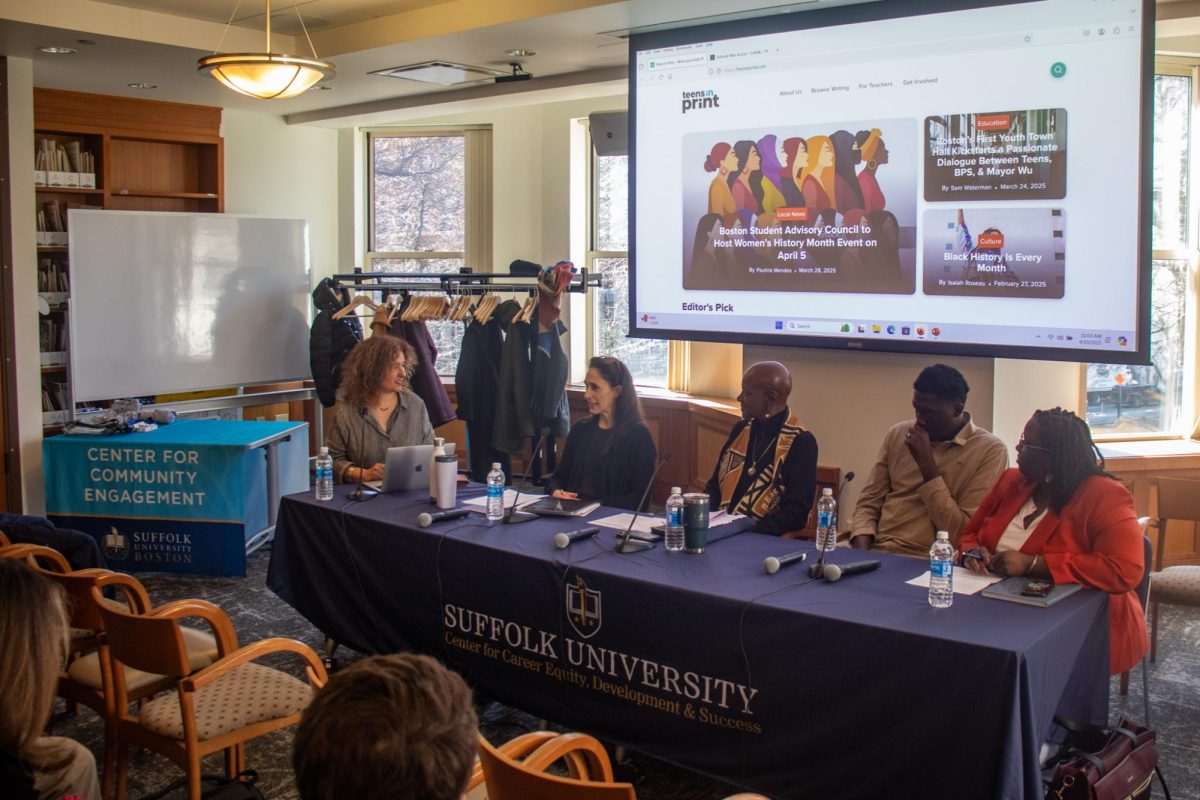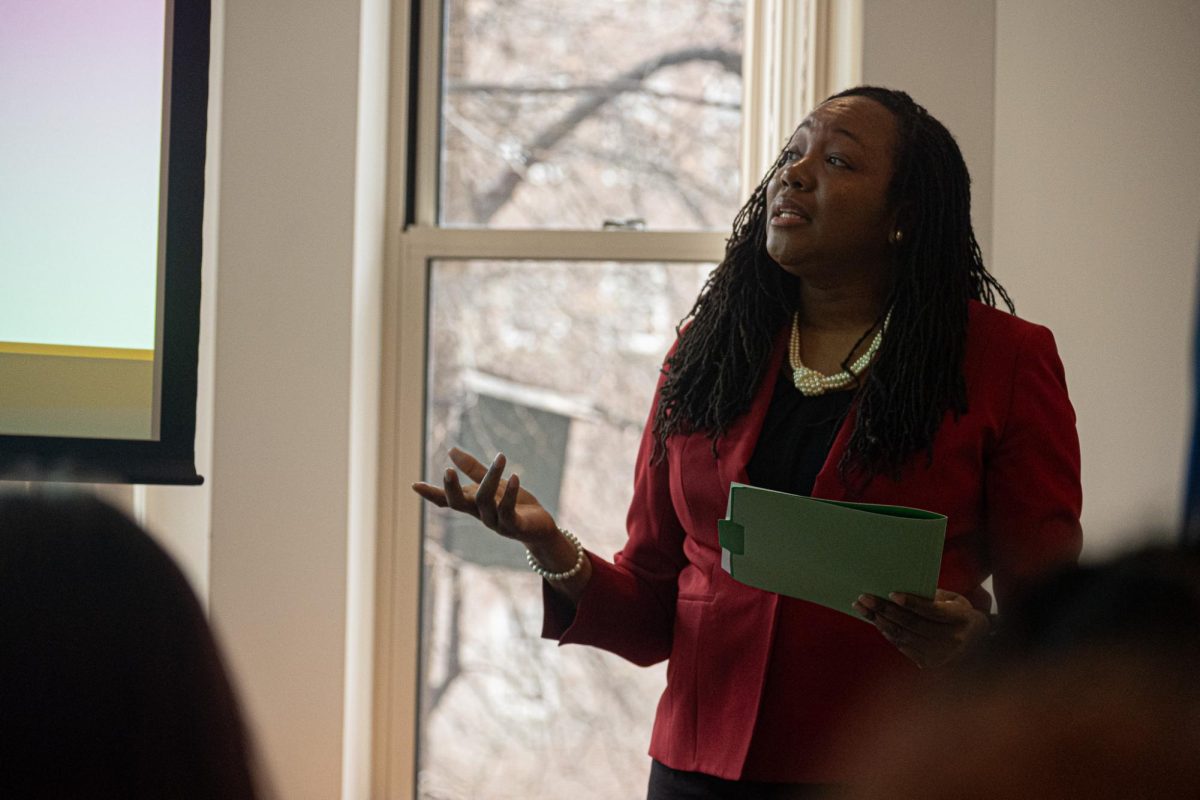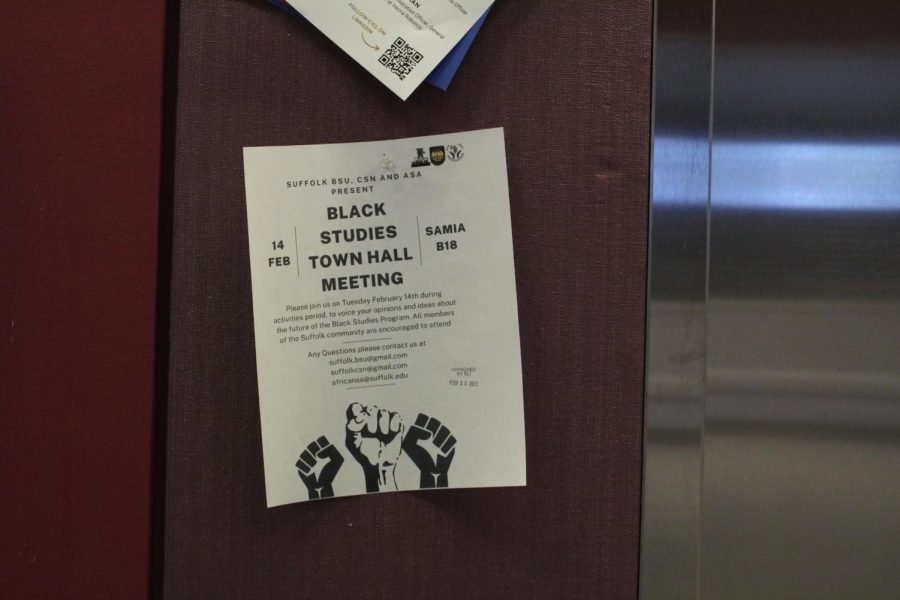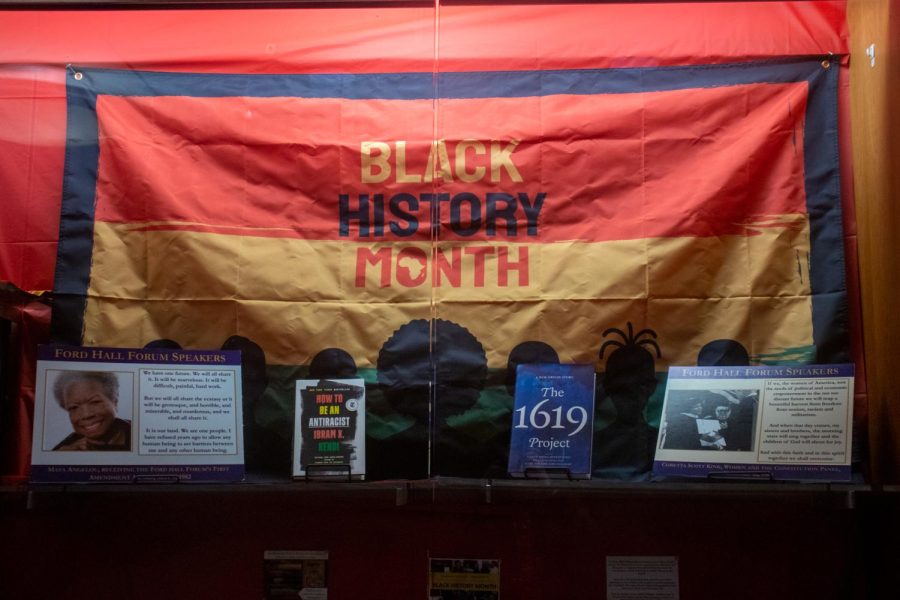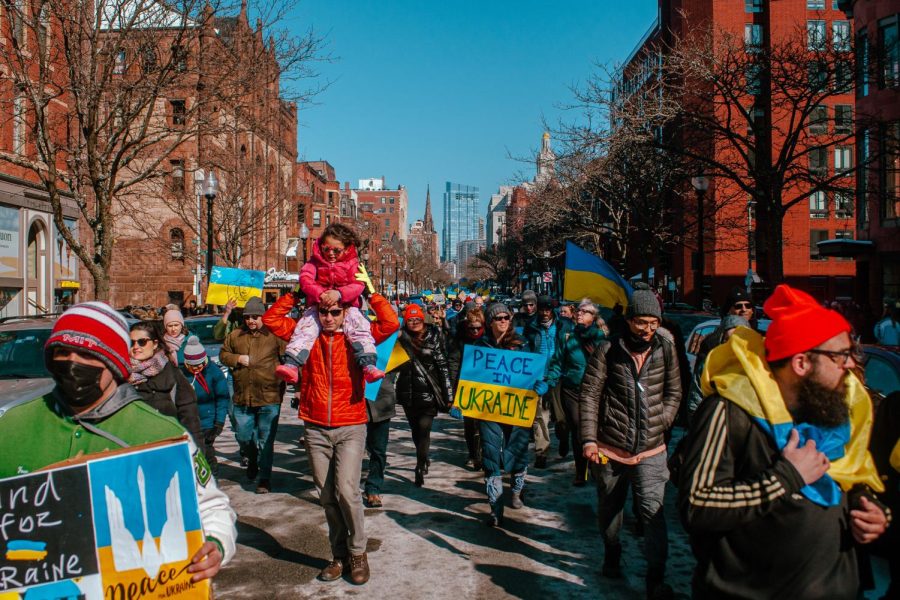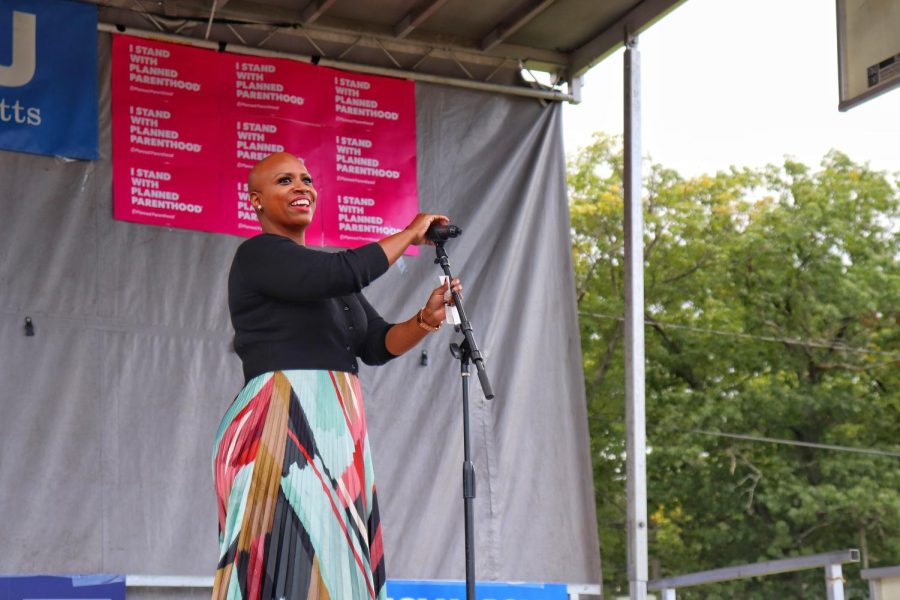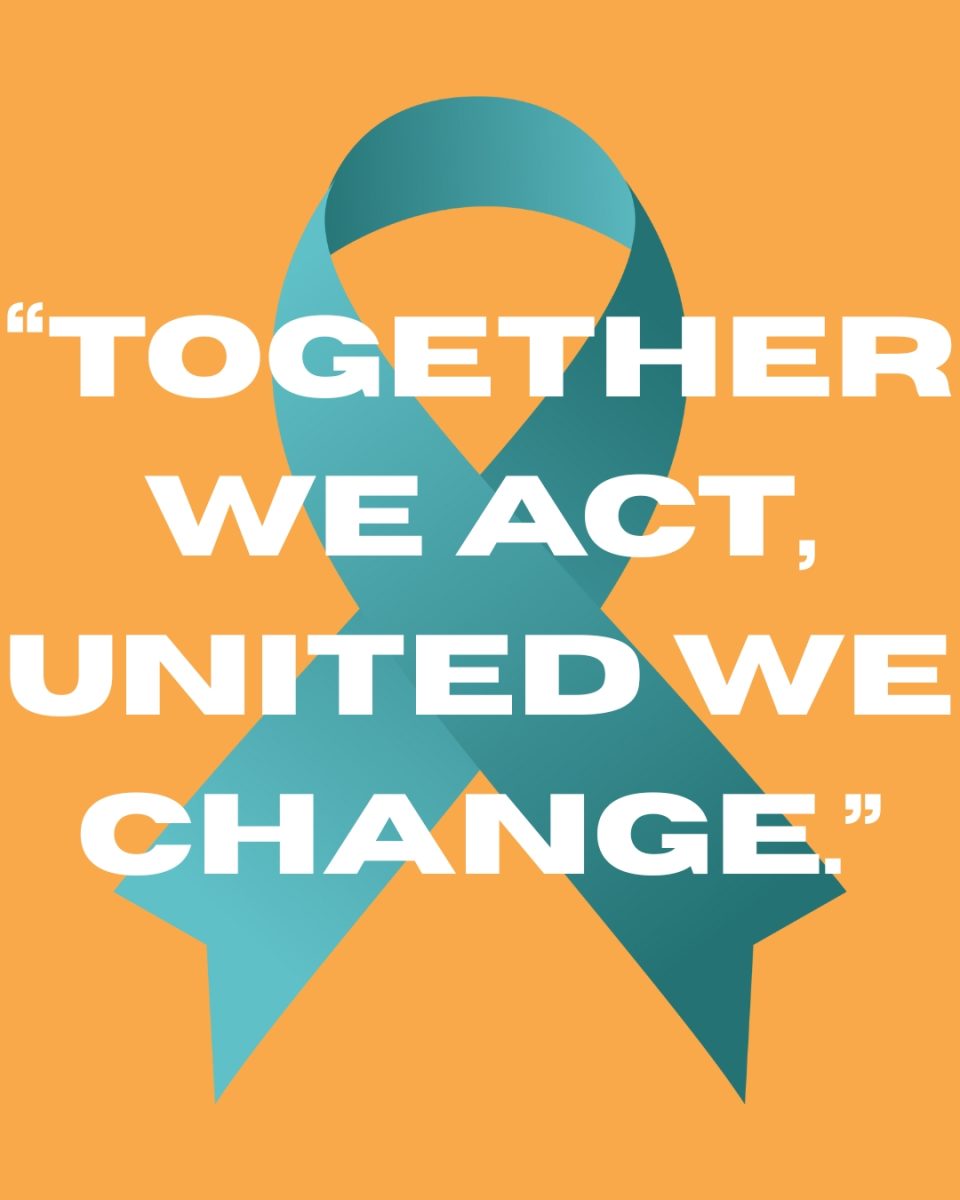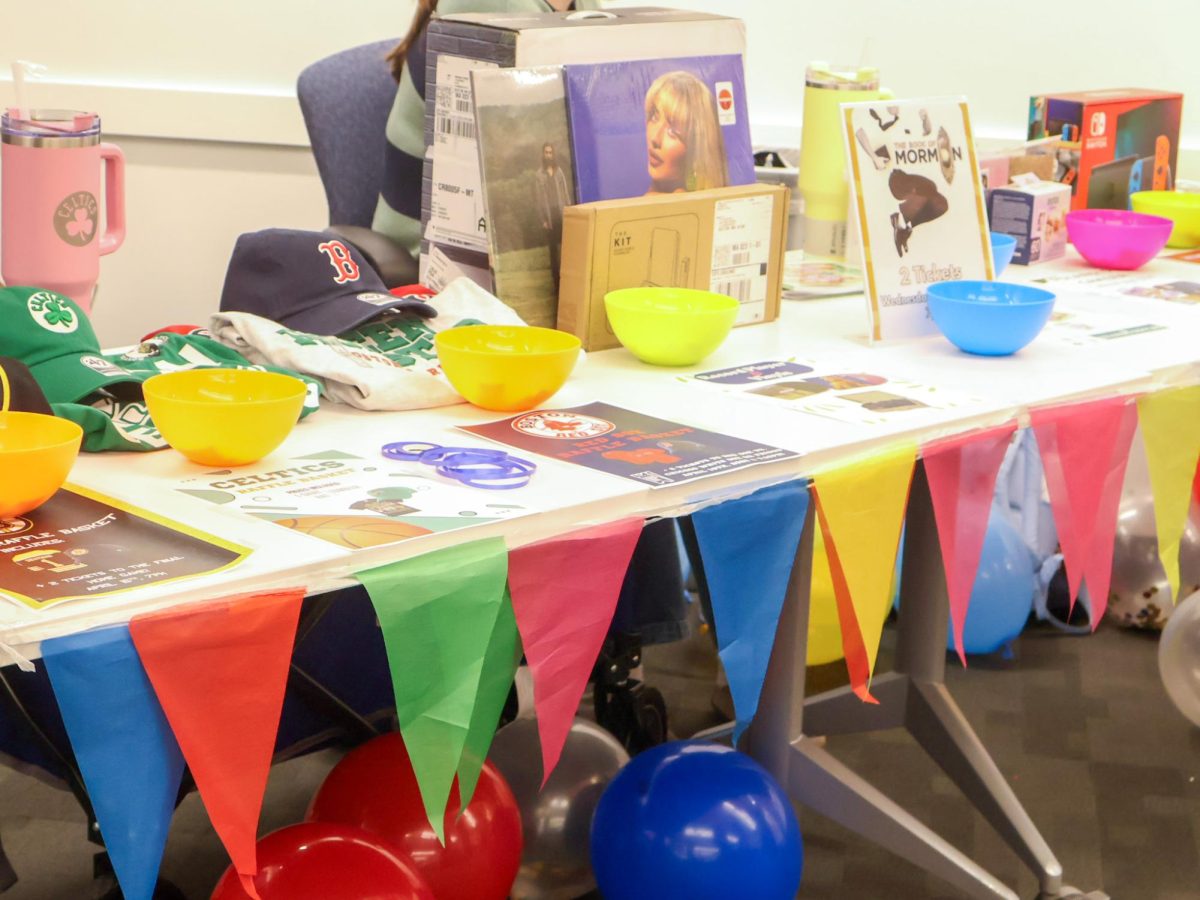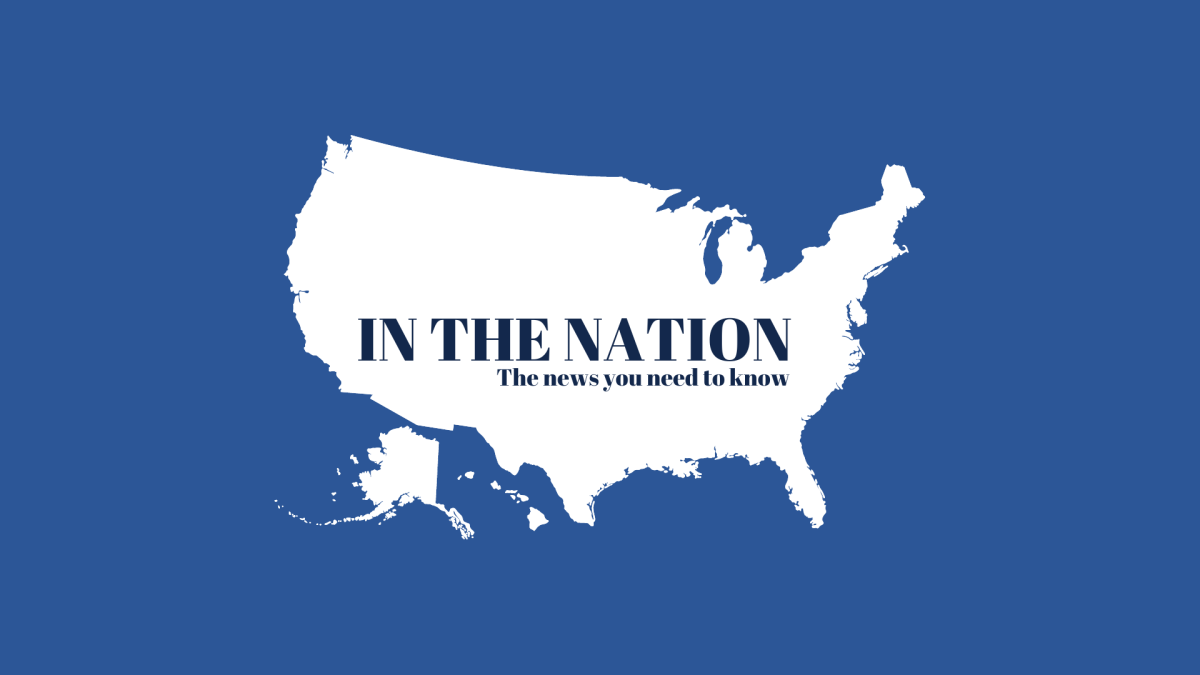Suffolk student organizations discussed the continuous oppression of Black voters, and how to vote, over a Zoom event titled “Empowered to Vote – From Oppression to Opportunity” Tuesday afternoon.
The event was a collaboration between Suffolk’s Black Student Union (BSU), Suffolk’s chapter of the American Civil Liberties Union Massachusetts (ACLUM), Suffolk Votes, SU Historical Society and Service After Hours (SAH).
According to Suffolk Votes, a nonpartisan group on campus that encourages voter turnout, 15 million people have turned 18 since the 2016 election, making college students an important voting population.
“It’s so important to vote and participate in our democracy because the less participation we have, the more power we are giving to the people who want to end our democracy,” BSU Vice President Lindsay Dieudonne said at the event.
The discussion largely focused on policies that have prevented many members of the Black community from voting and, as a result, taking part in democracy throughout American history.
While Black men were granted the right to vote when the 15th amendment was ratified in 1870, they still faced racist barriers when trying to exercise this right.
As members of BSU discussed, Jim Crow laws in southern states not only segregated everyday life, but voting as well. Poll taxes were a common way to discourage voters, and were a requirement to register to vote in many states. These taxes disproportionately affected Black voters, who often did not have the same economic opportunities or resources as white voters.
“Although the polling tax was not a lot, there were a lot of Black Americans who could not afford to take care of their families and take care of themselves, while also paying the poll tax,” said Arianna Mansaray, secretary of BSU.
Jim Crow literacy tests required voters to know how to read and write in order to vote, even though many Black voters were former slaves who had been forbidden to learn how to read while they were enslaved. Grandfather clauses allowed all men who could not pass a literacy test to vote if their grandfathers were able to vote; an unfair advantage for Black voters, as most grandfathers of Black men had been enslaved and thus unable to vote.
While the 19th amendment gave women the right to vote when it was ratified in 1920, it did not offer the same rights to Black women as it did white women as a result of Jim Crow laws. Before the 19th amendment was passed, many suffrage organizations did not welcome Black women, forcing them to create their own.
“Even during women’s suffrage, there was still a lot of racism going on,” said Dieudonne. “So of course Black women were forced to create spaces for themselves and push for the Black community and the Black vote.”
A major Civil Rights victory came from the Voting Rights Act of 1965, which banned literacy tests and other discriminatory state-level voting practices.
Many voters believe that discriminatory voting practices disappeared after 1965, but BSU members explained that to this day, voter suppression still exists.
BSU members at the event said that since 2010, 25 states have created requirements that discourage voting, such as voter ID laws, making fewer polling places available to voters and cutting back on early voting.
According to ProPublica, states often claim that voter ID laws are a way to curb suspected voter fraud, as a voter must prove they are who they say they are by showing identification. However, these laws disproportionately target low-income communities and communities of color.
“It’s crazy to think that this was in 2010… this has been ongoing since 1965 and it’s still an ongoing struggle in some communities, which predominantly affects people of color,” said Mardochée Sylvestre, president of BSU.
In 2019, the House of Representatives passed a bill restoring sections of the Voting RIghts Act, but it has not been brought to a vote by the Senate. The bill has since been named the John Lewis Act, in honor of the longtime congressman and Civil Rights leader who died at age 80 in July.
Black voters make up roughly 12% of the electorate, and can significantly impact elections. This year, both Georgia and North Carolina — states with higher Black populations than the national average — could have Black voter turnout be a deciding factor in the election since experts have yet to determine which way these states will vote on Nov. 3., according to the Pew Research Center.
The issue of voter suppression of convicted felons is also rooted in systemic racism, as Suffolk’s ACLUM chapter explained during the discussion.
In November 2018, Floridians voted to expand voting rights to most convicted felons in a constitutional amendment. However, in June 2019, Florida Gov. Ron DeSantis signed Senate Bill 7066, which would require these individuals to pay all fines, court fees and other costs in order to vote.
“Historically, many Black Floridians have been disproportionately affected and targeted by the criminal justice system, and through that system, they have been deprived the right to vote,” said Sarah Lawton, who is president of the ACLUM chapter, though not an ACLU representative. “Also due to a high incidence of poverty, Black individuals are less able to pay those large amounts of fines that are created by Senate Bill 7066.”
Suffolk Votes recommends taking several precautions to make sure your ballot will not be rejected in the Nov. 3 election, including:
- Reading the instructions on your ballot carefully
- Matching your signature
- Avoiding stray marks and tears
- Using a black or blue pen
- Using the right envelope
The city of Boston has 17 drop box locations where those who are registered to vote in Boston can submit their ballot. For students living on campus who are registered to vote in the city, a box can be found at City Hall, which is open all day, every day.
You can find more information about tracking your ballot, voting early and more at https://linktr.ee/Empowered2Vote
Follow Katelyn on Twitter @katelyn_norwood.








